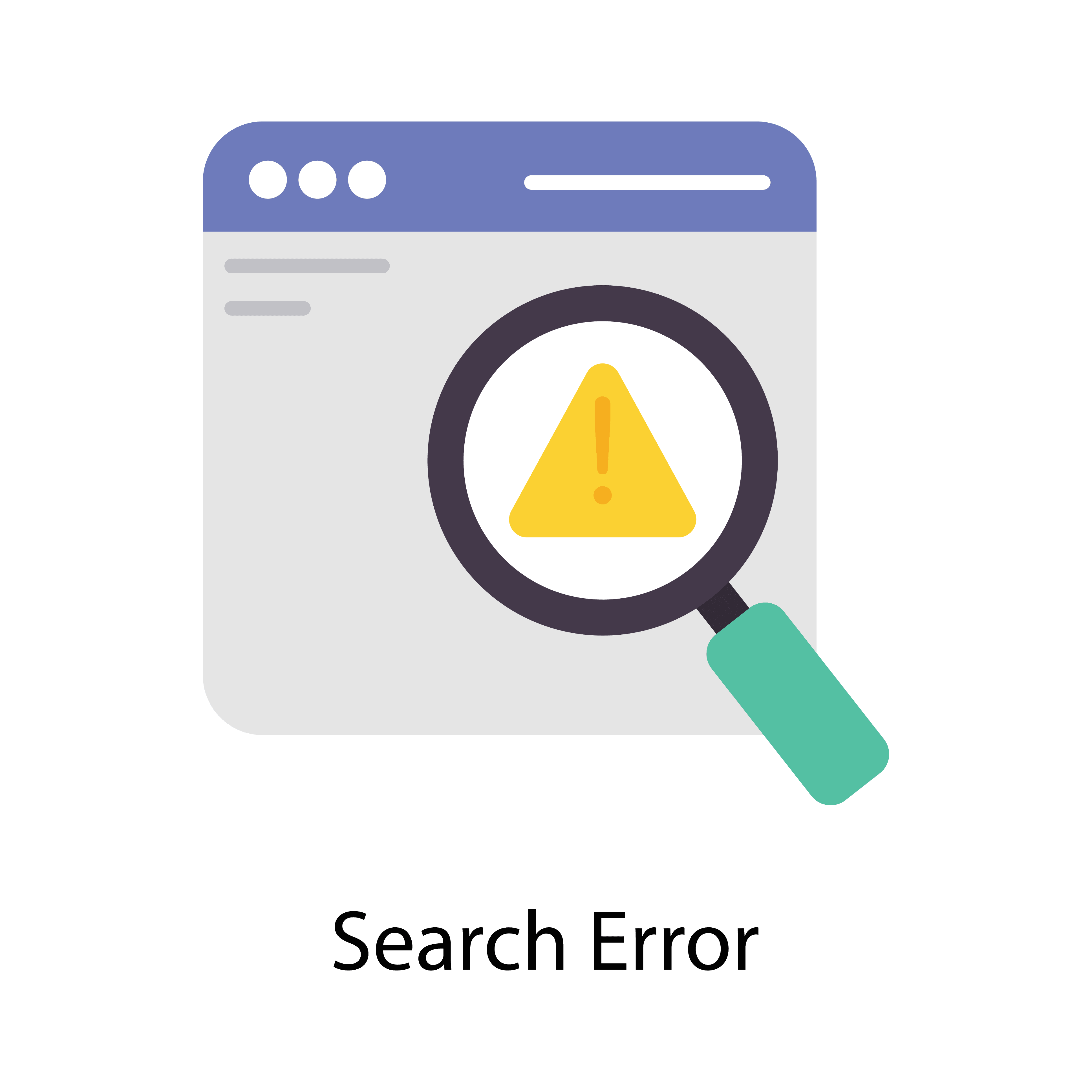How Negative Press Can Affect Your Ability to Get a Job, Loan, or Investment

Negative press can quickly spread, damaging reputations and harming professional and financial opportunities. Whether you’re a job seeker, business owner, or employee, it’s essential to understand how negative press can affect public perception and public trust. A single media coverage or negative story can turn a company’s or individual’s reputation upside down.
What Is Negative Press?
Negative press refers to unfavorable media coverage or public opinion that harms an individual, business, or organization’s reputation. It often originates from journalists, social media posts, or public events highlighting mistakes or problems. How negative press is handled can either worsen the damage or help rebuild a positive image.
In industries where public trust and transparency are crucial, such as healthcare, finance, or tech, negative press can have significant effects. A wrong decision or mistake can be amplified by the media, leaving a long-lasting impact. However, addressing the issue quickly and transparently can rebuild trust and potentially turn the situation into an opportunity.
How Does Negative Press Affect Your Reputation?
When negative press targets a business or individual, it erodes public trust and damages credibility. In many cases, the media plays a crucial role in shaping public opinion. Negative press can cause skepticism about a company’s ethics, leadership, and stability.
For example, a company may face increased scrutiny during a crisis, like a product recall or employee scandal. The public perception can deteriorate, leading to lower sales and fewer customers. On the flip side, if the business responds quickly with transparency and effective communication, it can regain the public’s confidence. Transparency, honesty, and an efficient crisis communication plan are essential for managing such situations.
Types of Negative Press
Negative press can come in various forms. Here are some examples:
- Media Coverage: News stories that expose a company’s failures, scandals, or poor performance.
- Social Media Backlash: Negative reactions to a company’s actions or comments on platforms like Twitter and Facebook.
- Negative Reviews: Unfavorable customer feedback on sites like Yelp or Google that tarnishes a company’s online reputation.
- Scandals: Workplace violations, ethical breaches, or legal issues that attract negative attention.
Each type of negative press requires a tailored response strategy. Businesses must act swiftly to address the issue and rebuild trust, especially in industries that rely heavily on transparency and compliance.
Negative Press and Your Career
For individuals, negative press can have a direct impact on career opportunities. Employers often search online to assess a candidate’s reputation. A damaging article or social media post can overshadow qualifications and make it harder to secure a job.
- Job Opportunities: Employers may overlook an otherwise qualified candidate if they see negative press associated with their name.
- Professional Reputation: Negative press can harm how colleagues and employers perceive you, potentially impacting promotions or even job security.
- Industry Impact: In industries like finance, where trust is vital, negative press about your previous employer can also affect how you’re viewed professionally.
Managing your reputation proactively is essential. Addressing negative stories head-on and demonstrating transparency can mitigate the impact on your career.
Financial Impact of Negative Press
Negative press impacts your reputation and financial opportunities. If negative press tarnishes your reputation, businesses may face difficulties attracting investors, securing loans, or raising capital. Similarly, individuals may struggle to secure a loan or find investors if negative stories about them circulate.
- Investment Opportunities: Investors often hesitate to invest in companies with negative media attention. A single controversial event can lead to reduced financial opportunities.
- Consumer Trust: Negative press can cause consumers to seek alternatives. If they lose faith in your business, it may lead to a decrease in revenue and customer retention.
To minimize these risks, businesses must implement effective crisis communication strategies and maintain stakeholder transparency. This helps retain customer trust and rebuild a positive image in the market.
Managing Negative Press: What You Can Do
Managing negative press effectively involves a proactive and strategic approach. Here are key steps for protecting and rebuilding a reputation:
1. Respond Quickly and Transparently
When negative press arises, respond promptly. Acknowledge the issue and explain your position clearly. Delaying a response can make things worse.
2. Engage with the Public
Take an active role in responding to concerns and engaging with the public. Communicate openly and address questions directly. Showing that you are listening and willing to engage helps restore public trust.
3. Monitor Your Online Reputation
Constantly monitor your online presence. Use tools like Google Alerts and social media monitoring platforms to track mentions of your name or business. This helps identify potential issues early.
4. Be Transparent and Honest
Transparency is crucial. If there’s a mistake, own up to it. Offering a clear path forward and demonstrating how you plan to fix the issue shows integrity and builds trust.
5. Leverage Positive Stories
While addressing negative press, highlight positive stories or achievements. Share success stories demonstrating your company’s commitment to positive practices and growth.
Dealing with Negative Press During a Job Search
If you’re in a job search and dealing with negative press, you must address it head-on:
- Proactively manage your online presence: Update your LinkedIn profile and ensure your resume reflects your achievements.
- Be prepared to address the issue: In interviews, discuss the negative press transparently and frame it as a learning experience.
- Show your growth: Emphasize how you’ve used the situation to improve and become a better professional.
Conclusion: Turning Negative Press Into an Opportunity
Negative press can have far-reaching consequences, but how you handle it matters. By responding quickly, engaging with the public, and being transparent, you can rebuild trust and even turn the situation into an opportunity. Whether you’re facing career challenges, dealing with financial setbacks, or managing a business’s reputation, a proactive approach will help protect your positive image and sustain public trust.



